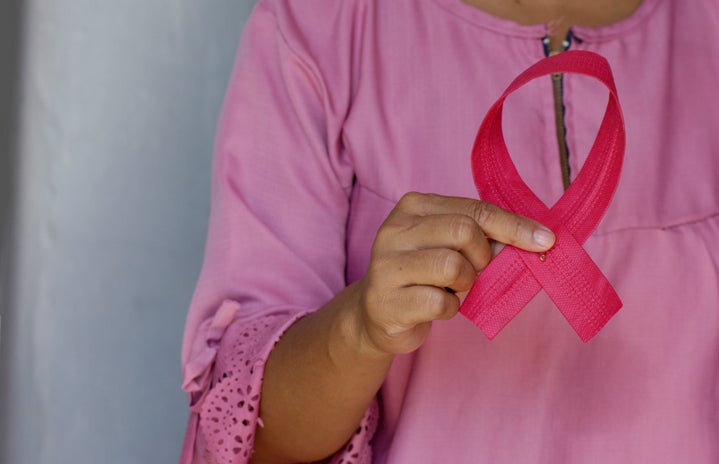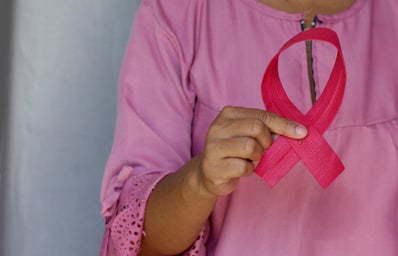This past year, I was diagnosed with stage IV Hodgkin’s lymphoma, a type of cancer that affects the body’s lymphatic system. In other words, my white blood cells stopped knowing how to act. I am currently more than halfway done with treatment. The whole experience has been difficult, as one would expect, but has also been very eye-opening. I am writing this article to share what I have learned thus far, and to hopefully educate others on the aspects of cancer that some might not be aware of.
First and foremost, I did not realize just how much hair is a part of one’s identity until I didn’t have it anymore. When I first lost my hair to chemotherapy, the person in the mirror did not feel like me. I have always had a love-hate relationship with my hair, mostly because I didn’t know how to take care of it for most of my life and it reminded me of a lion’s mane. However, it was a way for me (as well as for others) to identify who I was. When you describe someone’s physical appearance, one of the first descriptors you use is probably what hair color or texture they have. Even with a wig, it’s not quite the same. I wear a ginger wig, which I love and call Sandy, but it is not what I grew up with. Bald or with a wig, I don’t think I will begin to really feel like myself again until my hair is back.
Secondly, I have begun to realize how although I joke around a fair amount and use the “cancer card,” I still like to be treated like everyone else. I can carry things like I used to, go up and down the stairs, and can do pretty much anything except for heavy exercise. I don’t love feeling like I need special treatment just because I have cancer. If I can’t do a task, then I will ask for help if I really need to. At this point, I just want normalization, hence why I am here at school. It’s not just your hair that you lose during cancer, you also lose most control over your life. However, me moving into my apartment on campus and taking classes is a way for me to take back some of that control. I also like how here, not everyone knows I have cancer, which decreases some of that special treatment that I try to avoid.
I have also found it interesting when people tell me how positive and strong I have been throughout the whole process of my diagnosis and treatment. I am grateful to be an inspiration to others, but sometimes I think to myself: “Well what other choice do I have?” Of course I don’t enjoy getting toxic chemicals pumped into my body that make my hair fall out, my weight change, and give me seizures, but these same chemicals are keeping me alive. When I was first diagnosed with cancer, I was quite sick. I had horrible back pain because that is where the tumors were located, and I was exhausted all the time. I don’t want to think about what would happen if I didn’t start to receive treatment when I did. What I am trying to say is that the alternative to chemo and eventually radiation is not much better. Am I being positive or just doing what I have to do to get better?
Something else a lot of people don’t know about is how chemotherapy works. That is perfectly okay, because even I didn’t know what to expect walking into my first treatment. To start, you don’t have your own room. You and the other patients are separated by curtains, meaning you can hear everything that is going on. Since I am receiving treatment at the children’s hospital, it was extremely difficult to adjust to being around so many sick kids. I see children as young as a few years old, and they are going through the same thing that I am going through, except they are most likely more scared than I am. Additionally, it is hard to focus on almost anything while receiving treatment. On my long days, it would be ideal if I could get some homework done. I can if I am concentrated enough, but concentration decreases when there are beeping machines everywhere, nurses are constantly checking in on you, and there are children screaming or crying just a curtain away.
At the end of the day, I am grateful that I got diagnosed when I did, and am receiving incredible treatment at the university I attend. Saying that what I have learned has been through the hard way would be an understatement, but these lessons will stick with me for life.




